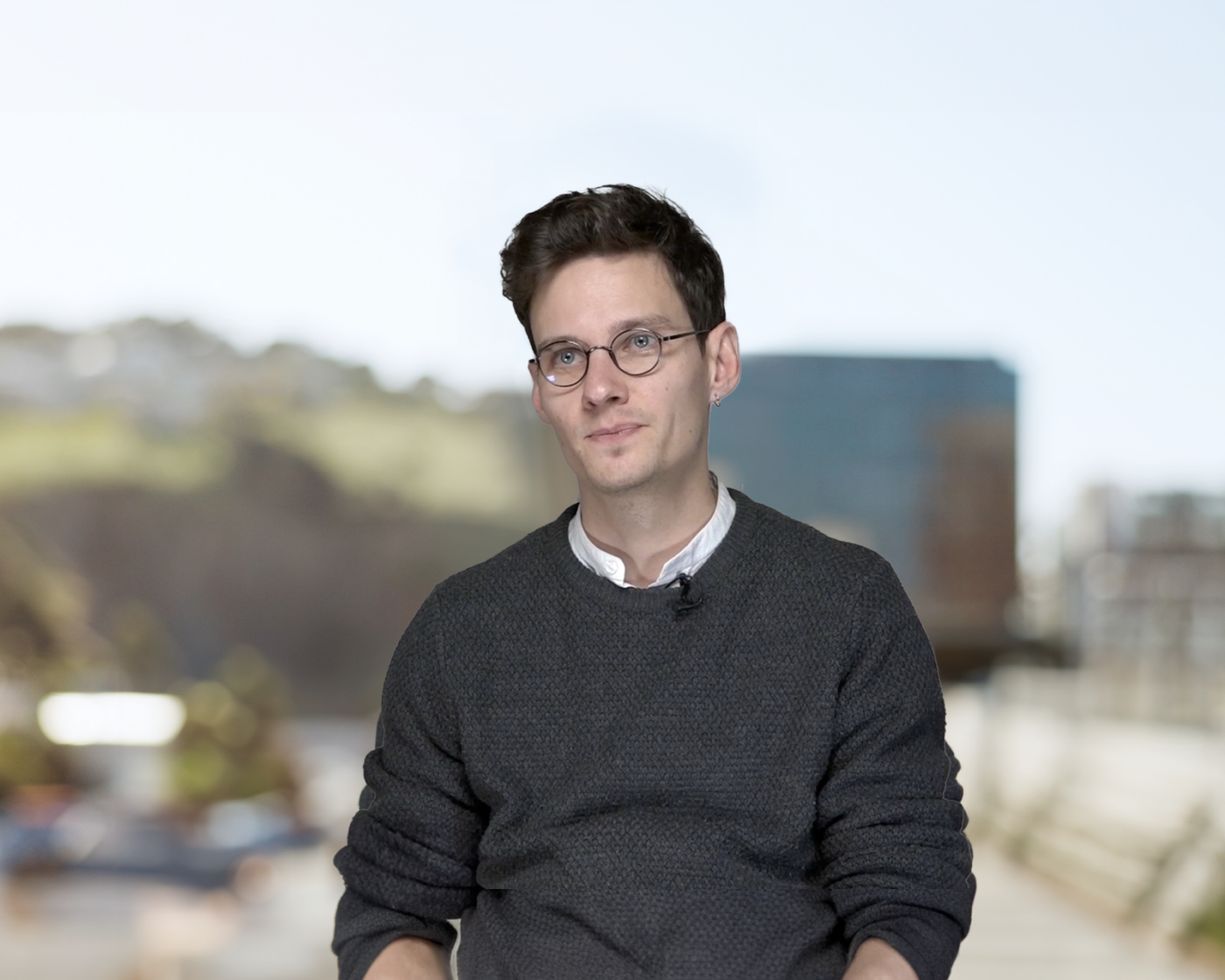Interconnecting sciences

- Publish On 7 October 2021
- Jérôme Gaillardet
- 5 minutes
Geochemist Jerôme Gaillardet is investigating the Earth’s “critical zone,” the very thin inhabitable layer where the interdependencies between the living and the non-living are at play. In order to understand how this complex system operates, we shouldn’t be splitting the sciences off from one another. For this reason, Jérôme is involved in the innovative approach of creating interdisciplinary observatories.



